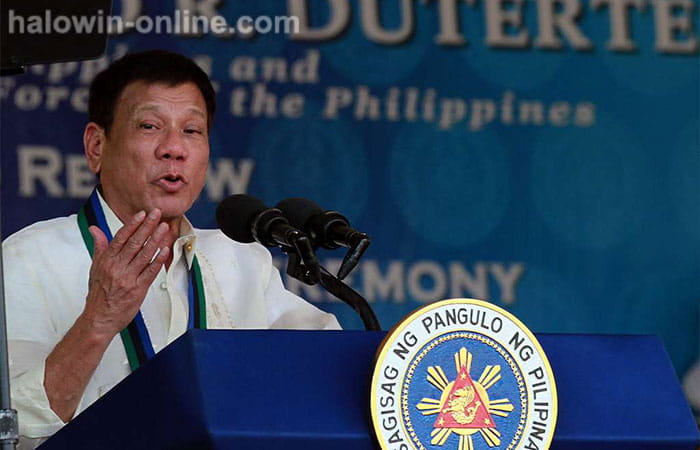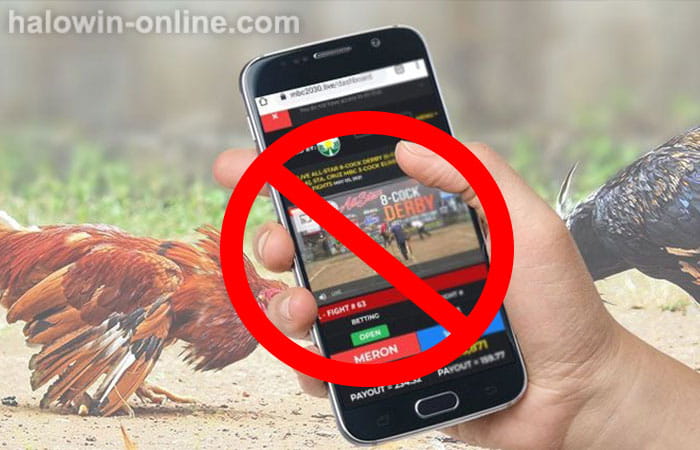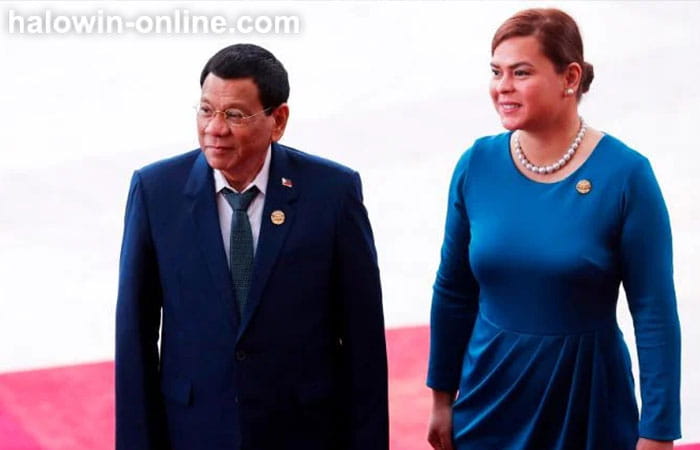Sports betting on online sportsbooks start booming during the COVID-19 pandemic, and e-Sabong has contributed greatly to the Philippine economy throughout the COVID-19 era. However, Sabungeros watching and betting on sabong's e-Sabong through online platforms incur huge costs to the citizens of the Philippines. At the height of the e-Sabong Mania, domestic crime rates were soaring, and all members of society, including the police, were looking for a way to pay off their rapidly accumulating debts.
With the new government in power, e-Sabang was banned by legislation, but the effects of the gambling boom remain. e-Sabang is still widespread among all members of society, and reports of robberies, kidnappings, and even suspected murders continue to occur. Many households are still torn apart and are in gigantic debt.
Despite these dire social influences, e-Sabong's decline was very slow. Thanks to ambitious gambling tycoons, huge government tax profits, and a president who didn't see the social impact of e-Sabong until it was almost too late. This deadly gambling boom may soon be back in the Philippines.

Why is Sabong Famous in the Philippines
Sabong indeed brings together different social classes, but their treatment within and admissibility into the arena differ depending on their social class as well.
As a sportsbook of chance usually with monetary wagers, it is a test of luck and faith in fate and miracles, with devout Christians offering prayers under their breath before a match. Since the emerging victor and its lucky bettors win the pot, Sabong is, thus, seen as a means to improve one's standing in society. A poor man's gamecock may be pitted against the wealthiest, thus, adhering to the idea of equal opportunity.
Clearly, a traditional arguably part of the Filipino national identity, Sabong is deeply ingrained in our culture and would seem to continue to do so for thousands of years to come.

e-Sabong Grows Rapidly Under the Influence of COVID-19
COVID-19 has not only forced the Philippines to close its borders, but it has also restricted the movement and gathering of its citizens. This has resulted in the banning of many cultural, sporting and gambling activities, including Chaban. According to the Philippine Amusement and Gaming Corporation (PAGCOR), a government agency, the Philippines lost 5-6 billion pesos ($885-106 million) per month during the period.
To support the gambling industry during this difficult time, the Philippine government has made online gambling available to people across the country. Many of these Sabungeros are naturally drawn to e-Sabong because it offers a form of gambling and a culturally meaningful form of entertainment.
With a low wagering threshold (~$1.78) and no need to spend time traveling to a brick-and-mortar stadium, a large portion of the Filipino public quickly became addicted. As of December 2021, the industry is estimated to have over 5 million e-sandbox Sabungeros.
e-Sabong Increases Social Cost in the Philippines
e-Sabong is a low barrier to entry sports betting that is very addictive, quickly causes a lot of social problems, and is almost always driven by money. Many quickly fall into debt, selling off all their possessions to fuel addiction or turning to crime to pay off their debts.
Reports from this time include a robbery by a heavily indebted police corporal and a desperate mother who allegedly sold her child. However, it's not just those who lose money who are guilty. There have been many allegations of game manipulation schemes against poultry farmers.
Some of these disputes have escalated into violence, with 34 people kidnapped for their participation in recovery plans since May 2021. The men have not been found and are presumed dead.

Philippine President Defends e-Sabong
Philippine President Duterte has long defended e-Sabong and has defended it in public speeches several times.
"I didn't stop it because the government needed the money from e-Sabong. I'm doing business now, 640 million pesos per month. In a few years, it will be in the billions. Where do we get such easy money? 640 million pesos (1,134 $10,000 entertainment tax is absolutely critical to this country."
President Duterte seems concerned that the government's ban on e-Sabang will only push the sport underground, unable to tax or regulate it, handing all funding and control to gangs and criminals.
One of his claims is to provide the Philippine General Hospital with 100 million pesos of monthly e-Sabong profits to support its operations. He has repeatedly claimed that the money will be used to fill the economic gap created by COVID-19, effectively helping to provide universal healthcare, improve infrastructure, and promote education.
However, Duterte's stance on e-Sabong became untenable after a report by the Department of the Interior and Local Government (DILG) examined the social impact of e-Sabong. In the online survey, 62% of respondents wanted the government to ban e-Sabong entirely, 34% said stricter regulation was needed, and only 4% expressed support for e-Sabong.

Philippines Imposes Ban on e-Sabong
Duterte officially banned e-Sabong on May 3, 2022. All licensed operators were immediately ordered to stop betting and began shutting down sites. The government has also instructed banks and financial institutions to stop processing e-Sabong-related payments and give punters 30 days to withdraw all funds from their e-Sabong betting accounts.
The ban is thought to have been sparked by a DILG report that highlighted how e-Sabong led to mass kidnappings, widespread severe debt, and many other social problems. In a statement, Duterte reiterated that his sole goal in defending e-Sabang was to raise funds for the country's needs.
It wasn't until mid-June a month later that Duterte formally defended his long-standing e-Sabang defense, admitting that he was "very late" in realizing its negative impact. Duterte resigned from the presidency a few weeks later and his term has expired.
In subsequent elections, Duterte's daughter Sara was elected as the Philippines' 15th vice president, serving under President Ferdinand "Bombon" Marcos, the son of the former dictator. Marcos has expressed his distaste for e-Sabong long before Duterte banned it, and has done little to reverse the ban since taking office.

The Return of the Deadly Betting Boom
While e-Sabong has rarely been mentioned since the election of the new Philippine government, many find it difficult for them to reject this certified money-making tool entirely. In an interview with Philstar, Atong Ang made it clear that he wants e-Sabong to return to the Philippines.
While this may not happen under Ferdinand Marcos Jr, Sara Duterte has been an advocate for gaming practices during her tenure as mayor of Davao City.
This, combined with her father's reluctance to ban the sport in the first place, has led many to believe that if she runs for and wins the presidency in the future, the Philippines could see a return to this lucrative and deadly sportsbook boom.
The previous sign up free ₱100 + registration bonus ₱88 casino activity has ended, but in order to continue to take care of the majority of EsballPH Halowin loyal players.
Now! EsballPH Halowin are once again launching the New Member Register Free 200 Sign Up Bonus and Sharing FB monthly FREE ₱38 Casino Promotion.
You can also click to enter the Online Casino Bonus & Promo introduction, which provides more diverse casino bonuses.
Online Sabong Sports

3 Online Sabong Betting Tips to Learn With 90% Winning Rate

World Slasher Cup 2023 Elimination and Semis Results

Mga ka-Sobong! World Slasher Cup 2023 coming on Jan. 26th

Sabong News: Deadly Betting in the Philippines during COVID-19

How to Play Sabong Online? Must-Read for Rookie to Sabang PH
Popular Articles

Top 10 Highest Paid PBA Players: June Mar Fajardo Salary is No.1?

Best 8 Tips to Win your Next PBA Gambling Tickets

Pinnacle Boxing Betting

Top 10 List of Filipino Boxers 2023! Who is Undefeated in Boxing?








